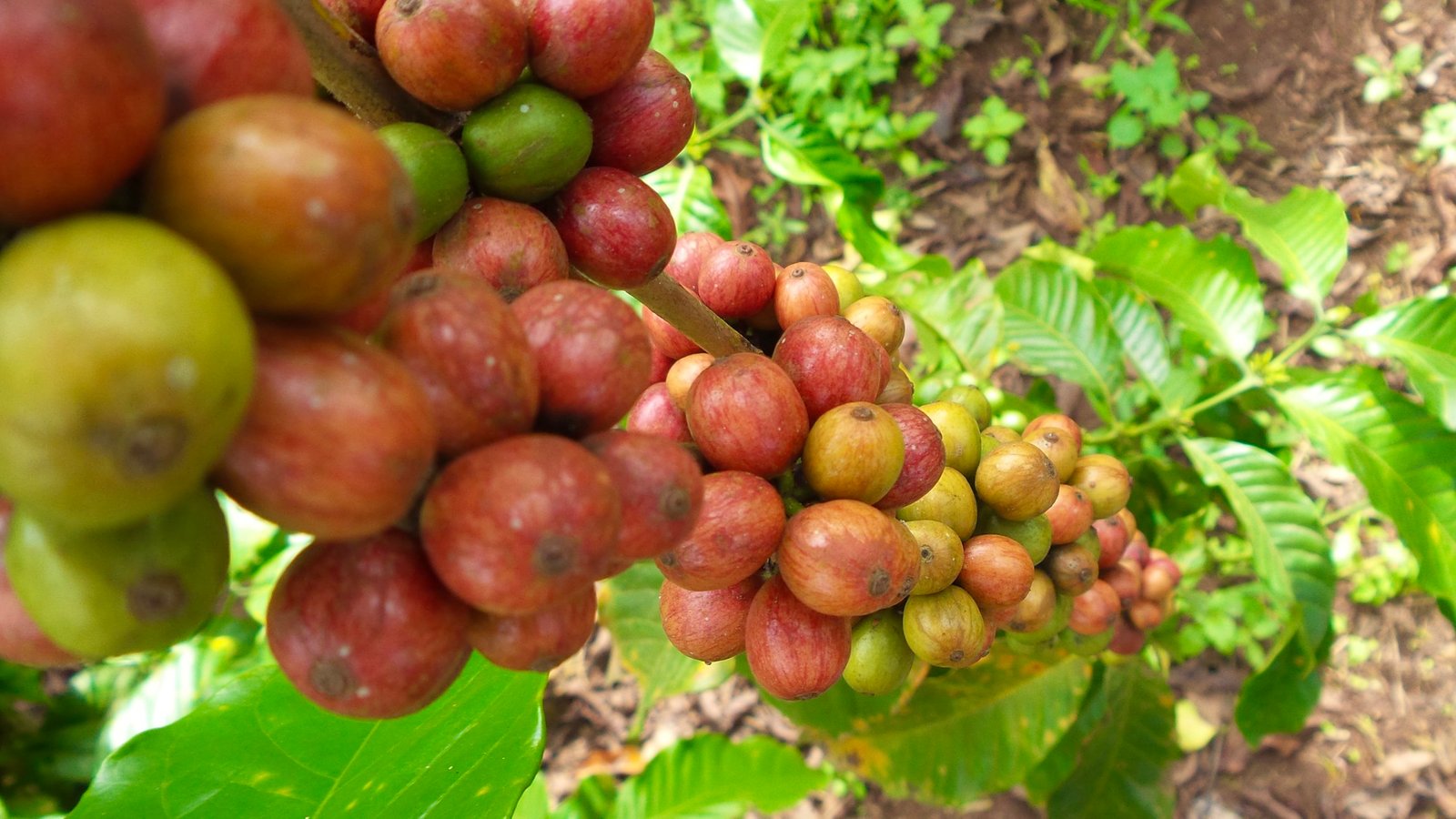
US Officials Urge EU to Postpone EUDR Implementation
Senior US trade officials have called on the European Union to delay the implementation of the EU Deforestation Regulation (EUDR), which is set to come into force on December 30, 2024. In a letter to the European Commission, US Secretary of Commerce Gina Raimondo, US Secretary of Agriculture Thomas Vilsack, and US Trade Representative Katherine Tai highlighted the “critical challenges” the regulation poses for US producers, particularly in the timber, paper, and pulp industries.
The EUDR will require businesses importing products into the EU that are considered “main drivers for deforestation” — including coffee, cocoa, palm oil, paper, and wood — to provide a due diligence statement confirming that imports have not contributed to forest degradation anywhere in the world after December 31, 2020.
“We urge the European Commission to delay the implementation of this regulation and subsequent enforcement of penalties until these substantial challenges have been addressed,” the letter stated. The American Forest and Paper Association (AF&PA) also voiced concerns, stating that the current EUDR laws would impose “unachievable requirements” and “significant technical barriers” on producers, thereby putting US-EU trade at risk.
While the US objections to the EUDR are primarily focused on the timber, paper, and pulp industries, the implications of the regulation extend to other sectors, including coffee. The European Coffee Federation (ECF) and International Coffee Partners (ICP), which represent major European coffee companies such as Löfbergs, Lavazza, Tchibo, illycaffè, JDE Peet’s, and Nestlé, have expressed concerns that the EUDR in its current form will restrict smaller coffee-producing nations in Africa and Asia from accessing the EU market. This, they argue, could cause significant disruptions to coffee supply chains.
There are additional concerns within the coffee industry regarding the cost and availability of satellite and data systems needed to comply with the EUDR. Higher administration and import fees are also expected to impact coffee businesses in both producing and consuming countries.
Advocates of the EUDR argue that the regulation is long overdue and represents a vital step towards decoupling key commodities from forest degradation. They assert that supporting biodiversity and ensuring the long-term viability of agricultural production globally is essential.
The calls for a delay are significant given the potential ramifications for various industries. If the EUDR is implemented as scheduled, it could reshape trade practices and compliance requirements for numerous sectors, including the critical coffee industry. As the debate continues, stakeholders on both sides are closely watching to see how the European Commission responds to these latest appeals.



